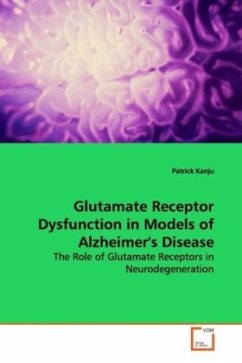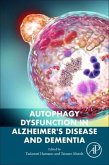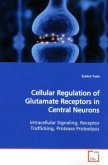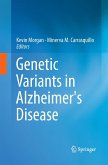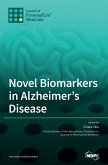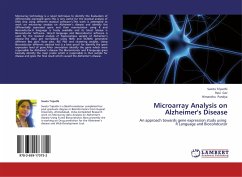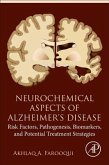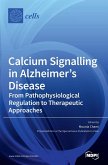The complexity of cognitive decline in Alzheimer s
disease warrants for a thorough investigation into
the molecular mechanism that lead to impaired
learning and memory. Certain molecules have been
suggested to play significant roles in AD
progression including two major hallmarks of AD,
amyloid beta and tau proteins.The two may interact
with some neurotransmitter systems involved in
learning and memory to cause neurodegeneration. The
most common and well studied neurotransmitter
systems are the cholinergic and glutamatergic
systems. Indeed, appropriate expression and function
of glutamate receptors are important in cognitive
processes. It is possible that these hallmarks and
neurotransmitter systems work synergistically to
execute the cognitive decline observed in AD.It is
therefore important to unravel the early events that
lead to the cascade of events prior to the overt
signs of cognitive decline. Tissue and animal models
have been used by several investigators. The model
of choice depends on the intended target point in
the neuropathological cascade. The study in this
book utilized AD models to elucidate the early
events of neurodegeneration
disease warrants for a thorough investigation into
the molecular mechanism that lead to impaired
learning and memory. Certain molecules have been
suggested to play significant roles in AD
progression including two major hallmarks of AD,
amyloid beta and tau proteins.The two may interact
with some neurotransmitter systems involved in
learning and memory to cause neurodegeneration. The
most common and well studied neurotransmitter
systems are the cholinergic and glutamatergic
systems. Indeed, appropriate expression and function
of glutamate receptors are important in cognitive
processes. It is possible that these hallmarks and
neurotransmitter systems work synergistically to
execute the cognitive decline observed in AD.It is
therefore important to unravel the early events that
lead to the cascade of events prior to the overt
signs of cognitive decline. Tissue and animal models
have been used by several investigators. The model
of choice depends on the intended target point in
the neuropathological cascade. The study in this
book utilized AD models to elucidate the early
events of neurodegeneration

